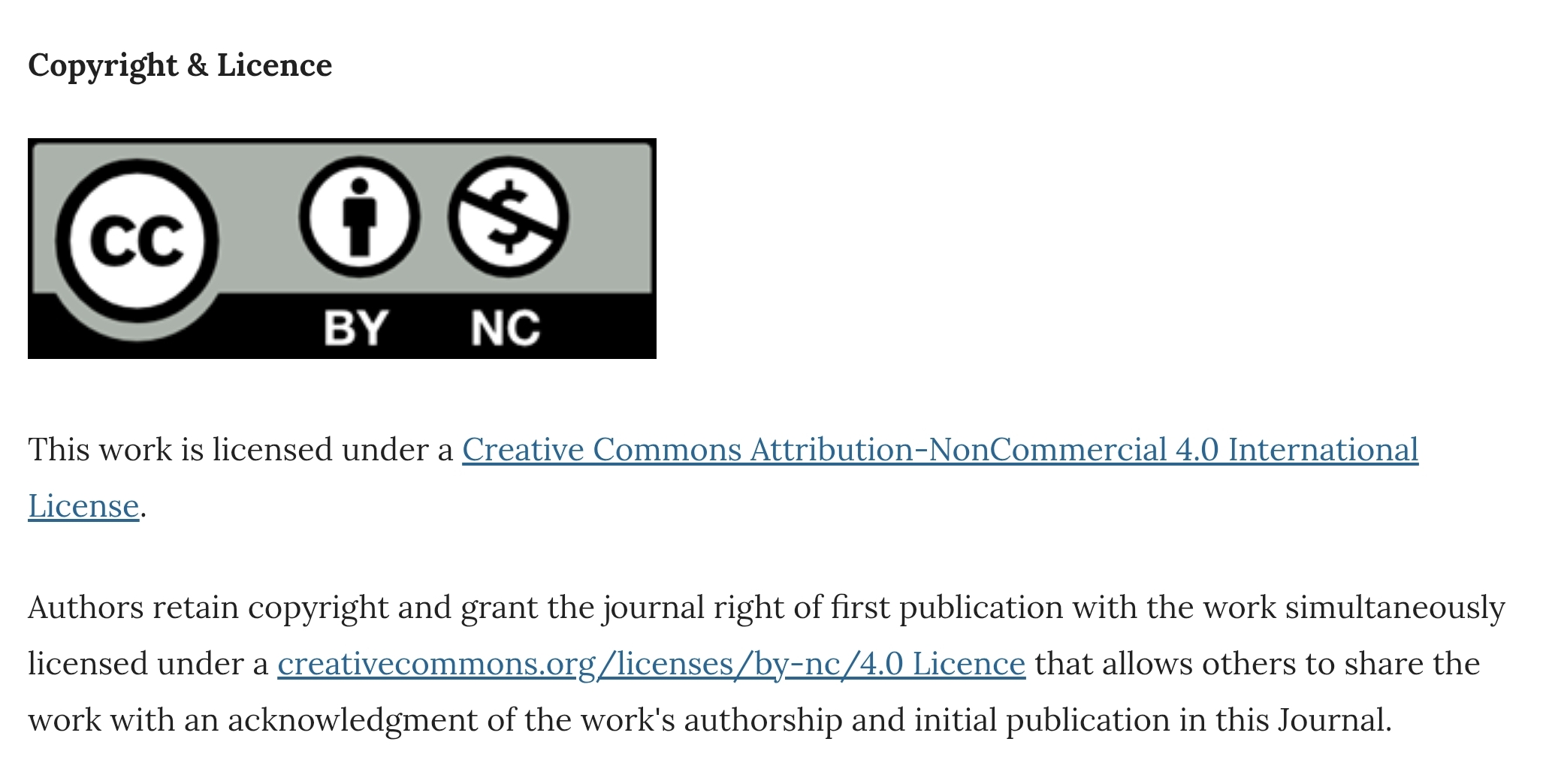Self-compassion Among Psychiatrists - A Brief Narrative Review
DOI:
https://doi.org/10.30834/KJP.37.2.2024.455Keywords:
Psychiatrist, Self Compassion, Burnout, Compassion FatigueAbstract
Self-compassion is treating oneself with kindness, recognizing shared humanity, and holding painful thoughts and feelings in balanced awareness. It is particularly beneficial for psychiatrists who face highly stressful environments. Self-compassion can serve as a protective factor against burnout, emotional exhaustion, and compassion fatigue. It is associated with increased emotional resilience and a greater sense of well-being.
The culture within medical and psychiatric fields often emphasizes perfectionism, which can make it difficult for psychiatrists to practice self-compassion. Mindfulness practices can be integral to developing self-compassion. Healthcare institutions can play a crucial role in fostering an environment conducive to self-compassion by providing mental health support, creating peer support groups, and promoting a culture that values self-care and work-life balance.
Individual psychiatrists can adopt personal practices to enhance self-compassion. Self-compassion can also positively impact patient care by fostering empathy, patience, and understanding and encouraging patients to adopt similar attitudes toward themselves.
Downloads
References
Neff KD. The Development and Validation of a Scale to Measure Self-Compassion. Self Identity [Internet]. 2003 Jul [cited 2024 Jun 17]; 2(3):223–50. Available from: http://www.tandfonline.com/doi/abs/10.1080/15298860309027
Neff K. Self-Compassion: An Alternative Conceptualization of a Healthy Attitude Toward Oneself. Self Identity [Internet]. 2003 Apr [cited 2024 Jun 17];2(2):85–101. Available from: http://www.tandfonline.com/doi/abs/10.1080/15298860309032
Maslach C, Schaufeli WB, Leiter MP. Job Burnout. Annu Rev Psychol [Internet]. 2001 Feb [cited 2024 Jun 17]; 52(1):397–422. Available from: https://www.annualreviews.org/doi/10.1146/annurev.psych.52.1.397
Almadani AH, Alenezi S, Algazlan MS, Alrabiah ES. Compassion Fatigue Among Practicing and Future Psychiatrists: A National Perspective. Cureus. 2022 May; 14(5):e25417. DOI: 10.7759/cureus.25417
Crego A, Yela JR, Riesco-Matías P, Gómez-Martínez MÁ, Vicente-Arruebarrena A. The Benefits of Self-Compassion in Mental Health Professionals: A Systematic Review of Empirical Research. Psychol Res Behav Manag. 2022; 15:2599–620. DOI: 10.2147/PRBM.S359382
Raab K. Mindfulness, self-compassion, and empathy among health care professionals: a review of the literature. J Health Care Chaplain. 2014; 20(3):95–108. DOI: 10.1080/08854726.2014.913876
Neff KD, Germer CK. A pilot study and randomized controlled trial of the mindful self-compassion program. J Clin Psychol. 2013 Jan; 69(1):28–44. DOI: 10.1002/jclp.21923
Min L, Jianchao N, Mengyuan L. The influence of self-compassion on mental health of postgraduates: Mediating role of help-seeking behavior. Front Psychol [Internet]. 2022 Sep 16 [cited 2024 Dec 12]; 13:915190. Available from: https://www.frontiersin.org/articles/10.3389/fpsyg.2022.915190/full
Gaebel W, Zielasek J, Cleveland HR. Psychiatry as a medical specialty: challenges and opportunities. World Psychiatry of J World Psychiatr Assoc WPA. 2010 Feb; 9(1):36–8. DOI: 10.1002/j.2051-5545.2010.tb00265.x
Neff KD, Dahm KA. Self-Compassion: What It Is, What It Does, and How It Relates to Mindfulness. In: Ostafin BD, Robinson MD, Meier BP, editors. Handbook of Mindfulness and Self-Regulation [Internet]. New York, NY: Springer New York; 2015 [cited 2024 Jun 17]. p. 121–37. Available from: https://link.springer.com/10.1007/978-1-4939-2263-5_10
Clance PR, Imes SA. The imposter phenomenon in high achieving women: Dynamics and therapeutic intervention. Psychother Theory Res Pract [Internet]. 1978 [cited 2024 Jun 17]; 15(3):241–7. Available from: https://doi.apa.org/doi/10.1037/h0086006
Kolligian J, Sternberg RJ. Perceived fraudulence in young adults: is there an “imposter syndrome”? J Pers Assess. 1991 Apr; 56(2):308–26. DOI: 10.1207/s15327752jpa5602_10
Gupta S, Kumar A, Kathiresan P, Pakhre A, Pal A, Singh V. Mental health stigma and its relationship with mental health professionals - A narrative review and practice implications. Indian J Psychiatry. 2024 Apr; 66(4):336–46. DOI: 10.4103/indianjpsychiatry.indianjpsychiatry_412_23
Neff KD, Rude SS, Kirkpatrick KL. An examination of self-compassion in relation to positive psychological functioning and personality traits. J Res Personal [Internet]. 2007 Aug [cited 2024 Nov 20]; 41(4):908–16. Available from: https://linkinghub.elsevier.com/retrieve/pii/S009265660600095X
Kabat-Zinn, Jon. Wherever You Go, There You Are. 10th Ed. New York, NY: Hyperion; 2005. [Link]
West CP, Dyrbye LN, Erwin PJ, Shanafelt TD. Interventions to prevent and reduce physician burnout: a systematic review and meta-analysis. Lancet Lond Engl. 2016 Nov 5; 388(10057):2272–81. DOI: 10.1016/S0140-6736(16)31279-X
Neff K, Germer C. The role of self-compassion in psychotherapy. World Psychiatry of J World Psychiatr Assoc WPA. 2022 Feb; 21(1):58–9. DOI: 10.1002/wps.20925
Guidi C, Traversa C. Empathy in patient care: from “Clinical Empathy” to “Empathic Concern.” Med Health Care Philos. 2021 Dec; 24(4):573–85. DOI: 10.1007/s11019-021-10033-4
Riebel M, Rohmer O, Charles E, Lefebvre F, Weibel S, Weiner L. Compassion-focused therapy (CFT) for the reduction of the self-stigma of mental disorders: the COMpassion for Psychiatric disorders, Autism and Self-Stigma (COMPASS) study protocol for a randomized controlled study. Trials. 2023 Jun 12; 24(1):393. DOI: 10.1186/s13063-023-07393-y
Gilbert P, Simos G. Compassion Focused Therapy: Clinical Practice and Applications [Internet]. 1st ed. London: Routledge; 2022 [cited 2024 Dec 12]. DOI: 10.4324/9781003035879
Published
How to Cite
Issue
Section
License
Copyright (c) 2024 Krishnan Sivasubramoney (Author)

This work is licensed under a Creative Commons Attribution-NonCommercial 4.0 International License.












